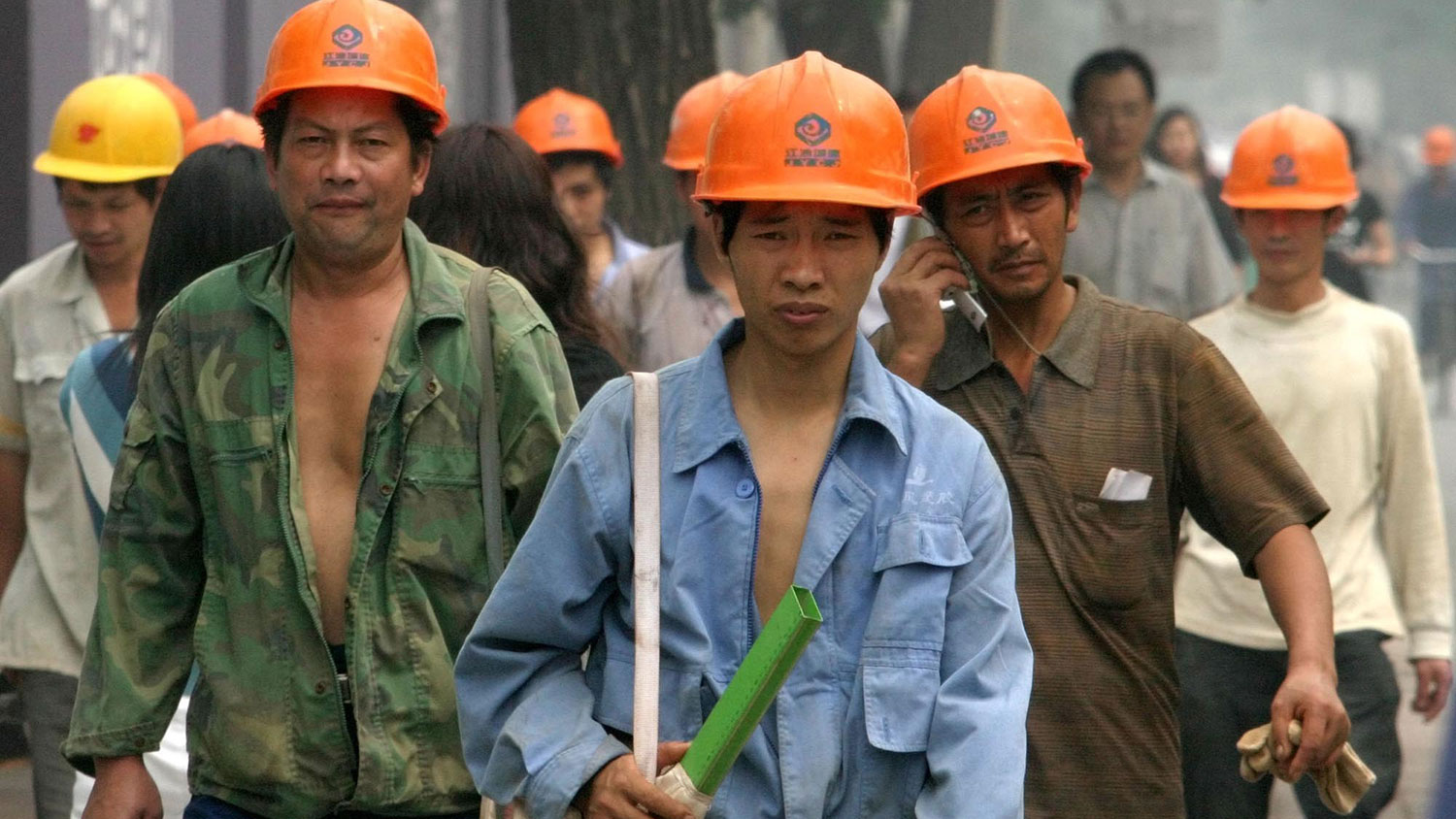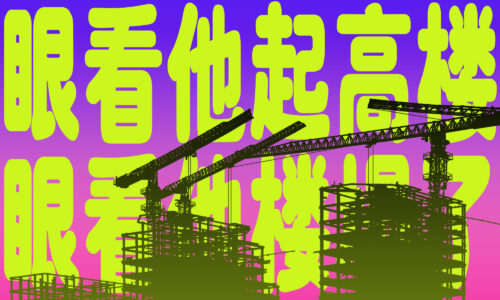The system has failed society’s most vulnerable — phrase of the week
Chinese internet users were full of sympathy for a migrant worker whose movements were made public for COVID contact tracing, and used a colloquial phrase to describe his plight.

Authorities in Beijing last week released the activity logs of an asymptomatic COVID carrier, surnamed Yuè 岳. The 44-year-old migrant worker had visited nearly 30 different construction sites across the city in the first 18 days of January.
In an interview with China News Weekly, Yue told his story of how he came to Beijing in search of his missing son, who disappeared from Rongcheng City in Shandong Province in 2020.
Yue makes enough money to fund his search and feed six family members by laboring on building sites. At the time of writing, the interview with Yue had amassed 196,000 likes and over 14,000 comments on Weibo.
One of the top comments was this colloquial phrase:
麻绳专挑细处断,厄运总缠苦命人
má shéng zhuān tiāo xì chù duàn, èyùn zǒng chán kǔmìng rén
Which translates as: Just as a rope inevitably breaks at the weakest part, misfortune always entangles the poor.
Backstory and translation
This colloquial phrase is described as being from the Chinese countryside (从农村来的). Its two parts are a metaphor and an explanation of what it means.
麻绳专挑细处断 — hemp rope breaks at its thinnest part
In the countryside, heavy loads of logs and other materials are carried by being tied together in bundles with hemp rope. The rope is made by hand, so the thickness is uneven. After repeated loads, eventually the rope will break at its thinnest and most worn part.
This is slightly different than the English idiom “a chain is only as strong as its weakest link,” which tends to refer to the weakest member in a team. In Chinese, the hemp rope metaphor refers to the weakest part of a system, which is where the problems always occur.
厄运总缠苦命人 — misfortune always entangles people with the hardest lives
The poorest people in society have little or no protections when misfortunate arises. In China, there are still millions of people who live in very poor conditions — even in the larger cities, as the story of Yue tells us.
It is these people who suffer the most when society doesn’t have the right systems in place, or if the system (and the people in it) does not work efficiently.
So, in combination, the phrase tells us that the system failed Yue, and it always fails the most vulnerable in society.
What struck a tone with netizens was Yue’s attitude despite his hardships. He said: “I don’t feel sorry for myself. I work hard, keep on the straight and narrow, and use my hard work and my two hands to make enough money to look for my son. All I do is to put food on the table and to support my family.”
If you enjoyed this, check out Andrew Methven’s Slow Chinese 每周漫闻 newsletter, a resource to help you master modern Mandarin, and understand how people speak Chinese today.






